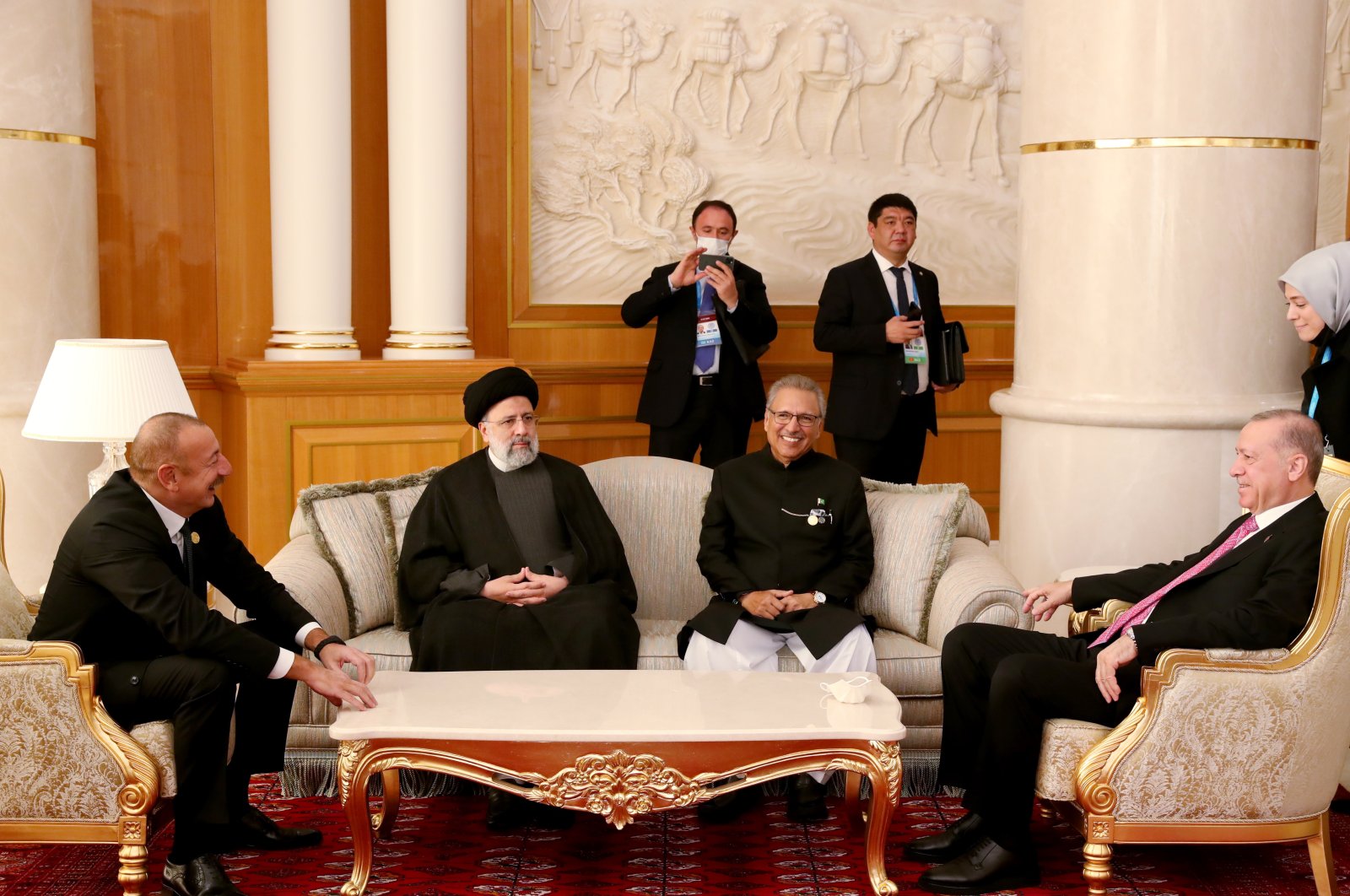
Photo Credit: Daily Sabah
On October 6, 2021, Russia’s Minister of Foreign Affairs Sergei Lavrov met his Iranian counterpart Hossein Amir Abdollahian in Moscow to discuss regional security and economic cooperation, and to address important concerns regarding the crisis in the South Caucasus. During the joint press conference, Lavrov repeatedly highlighted the idea of a “3+3 cooperation format” including the three South Caucasus states – Armenia, Azerbaijan, and Georgia – plus their three large neighbors, Russia, Turkey, and Iran, to focus on unlocking economic and transport communications in the region. The first meeting within the format took place in Moscow on December 2021; however, Georgia refused to take part. Moreover, recent tensions in the region between Armenia and Azerbaijan as well as Azerbaijan and Iran suggest that the proposed format will not generate visible positive outcomes.
BACKGROUND: After the second Karabakh war, Turkey revealed its intention to establish a 3+3 cooperation format in the South Caucasus, including Azerbaijan, Armenia and Georgia along with Turkey, Russia and Iran, with the intention to boost intraregional economic cooperation and new transit links. The initiative was received positively by Russia and Iran, much less so by Georgia and Armenia given the security situation of these countries. For Armenia, participation in the format along with Azerbaijan in the aftermath of the large-scale conflict seems challenging, as Yerevan has avoided agreements on any land trade corridors with Azerbaijan as long as disagreements over borders remain unsettled. In the case of Georgia, Russia’s participation in the format spells a danger of negative repercussions. Continue reading
